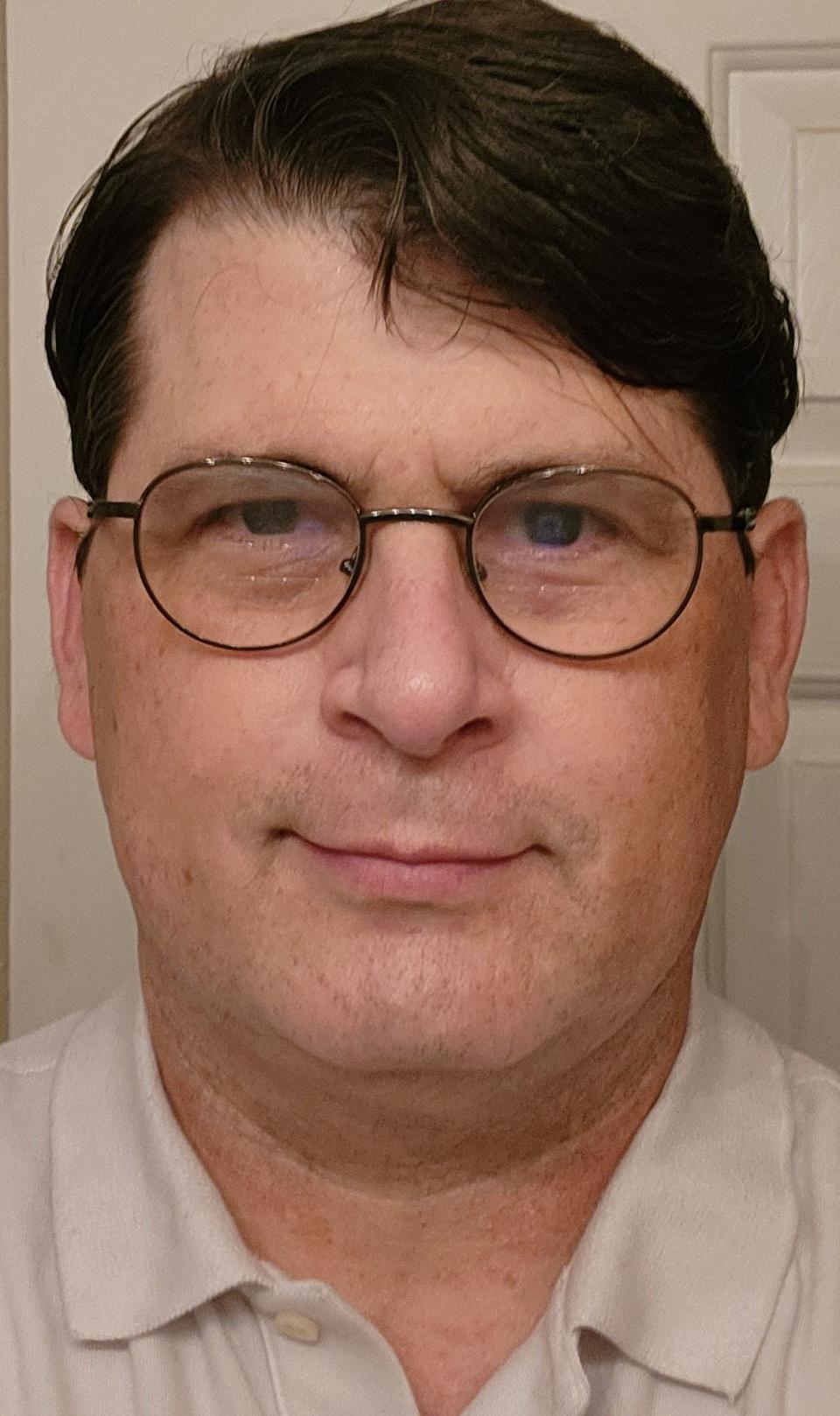Thompson: It's never too late to get help for PTSD
I have a friend named Derek who served our country proudly as a member of the United States Army. He saw combat in Afghanistan. Among other things he was tasked with going through villages to flush out enemy combatants from civilian homes and other hiding places. I could not imagine the stress he faced with the sense of not knowing what was waiting behind a door or in the next room or hiding in a cave. It could be a harmless and fearful family or an enemy combatant looking for cover or blood. The not knowing and natural human hesitancy to burst into a private home, guns blasting, was something the enemy hoped to use as a tactical advantage when engaging our troops.
Derek was a platoon sergeant. He was in charge of an entire group of infantrymen. Their mission was to “clear” recently advanced on land and villages of any lingering combatants. Day and night Derek and his troops were on high alert the entire time they were stationed in Afghanistan during the war. Derek returned to the states unharmed physically. It is also, I might point out, with a sense of pride and relief that he tells me he made it home with every soldier assigned to him during the conflict.
Not only did Derek return with all of his soldiers and a reverent sense of accomplishment, however, he brought home a condition he developed known as post-traumatic stress disorder, or PTSD.
From 'shell shock' to PTSD
Only with advancements in mental health care and awareness are we able to articulate this condition effectively. We are still learning about the brain, its chemistry, and the effects exposure to war has on our thoughts and behaviors. Before having this generalized label the adverse effects of exposure to combat or to extreme violence was known as “shell shock” and not very widely understood.
Never too late for help
Whether they have just returned home or they have been home for over 40 years, it is never too late to get help for PTSD. The VA has over 200 treatment programs across the country that include offering individual assessments and testing to determine if a diagnosis of PTSD is appropriate. There are also medication that is proven effective in the treatment of posttraumatic stress. Another method of treatment that has shown effectiveness is talk therapy with a licensed mental health professional. One form of psychotherapy is called cognitive processing therapy. There are also different forms of group therapy based on veterans with similar challenges like anger management, coping with stress, or combat support. Group support is also available for service members' families.
Hand in hand with substance abuse
Another challenge that goes hand in hand with PTSD is alcohol or substance abuse. The VA offers assessment and treatment for this as well. Many veterans have limited knowledge of or faith in traditional or emerging treatments. The case with veterans of former wars or other combat zones is that self medication was the only thing that seemed to work or was available. Now the National Center for PTSD is leading the way in research, education and treatment. Its services are available to all U.S. veterans.
Along with outpatient mental health and substance abuse treatment, residential and inpatient care programs are available when the severity of the disability warrants live-in care. Sometimes the symptoms interfere with everyday living to the point that the veteran’s daily living skills are crippled.
How does one access these VA services for PTSD? First one must apply for VA health care. This can be done by visiting any local VA health facility or by calling 800-827-1000. Also, one can initiate services by contacting a VA PTSD program. To locate one close to you, refer to https://www.va.gov/directory/guide/PTSD/asp. Veterans can get health care benefits and disability compensation based on rating by going through this process.
My friend Derek was able to receive talk therapy and medication treatment for his PTSD. It has cut down on his night terrors, aggressive tendencies and short temper. I am proud to say that with treatment from the VA for PTSD, his symptoms are now manageable. I encourage any service member or former service member who suspects that they might have trauma associated with their military service to reach out. Help is there. It can help you finally “come home from the war.”

Kevin Thompson, MA, LPC, has worked in Texas mental health as a professional counselor since 2005. Please contact him with any mental health questions and he may address them in future segments. Write Kevin Thompson MA, LPC. kevscounsel@gmail.com or call 512-557-0927.
This article originally appeared on Wichita Falls Times Record News: It's never too late: PTSD and veterans care

